Despair is easy, or at least low cost

Despair is easy, or at least low cost
In her work, Rebecca Solnit often explores the complexities of human emotions and experiences, including the concept of despair. She delves into the idea that despair is easy, or at least low cost, in the sense that it requires little effort or energy to succumb to feelings of hopelessness and defeat. It is a state of mind that can easily consume us, especially in times of hardship or uncertainty.Solnit suggests that despair is a natural response to the challenges and injustices we face in the world. It is a way of acknowledging the pain and suffering that exists, both on a personal level and on a larger societal scale. However, she also emphasizes that despair is not a productive or sustainable state of being. It can lead to apathy, inaction, and a sense of powerlessness that only serves to perpetuate the very problems that cause us to despair in the first place.
Instead of giving in to despair, Solnit encourages us to find hope and resilience in the face of adversity. She believes that it is possible to cultivate a sense of agency and empowerment, even in the most difficult circumstances. By taking action, speaking out, and connecting with others who share our values and goals, we can begin to effect positive change in the world.
Solnit's work reminds us that despair may be easy, but it is ultimately a choice. We have the power to resist the pull of hopelessness and to actively engage with the world around us. By embracing a mindset of possibility and perseverance, we can overcome despair and work towards a more just and equitable future for all.
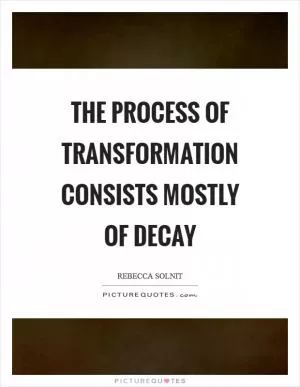
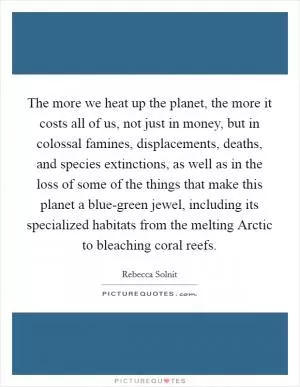
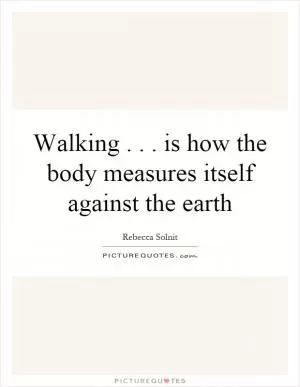

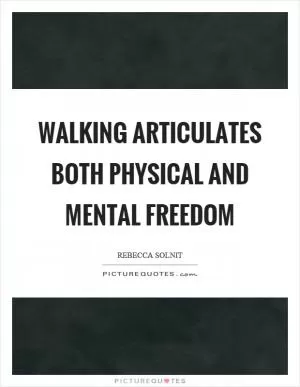
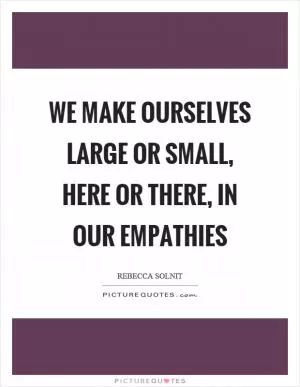
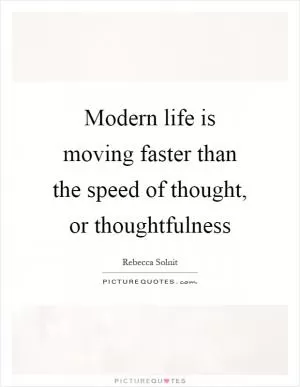


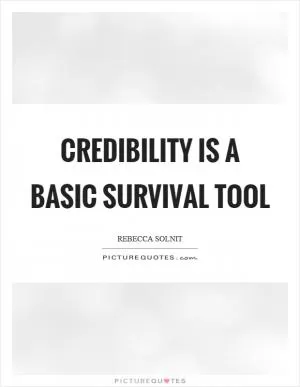

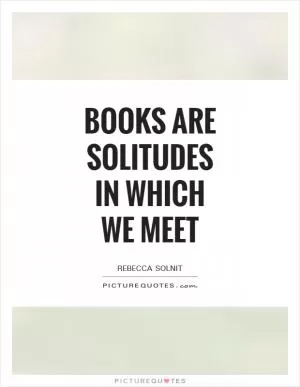
 Friendship Quotes
Friendship Quotes Love Quotes
Love Quotes Life Quotes
Life Quotes Funny Quotes
Funny Quotes Motivational Quotes
Motivational Quotes Inspirational Quotes
Inspirational Quotes